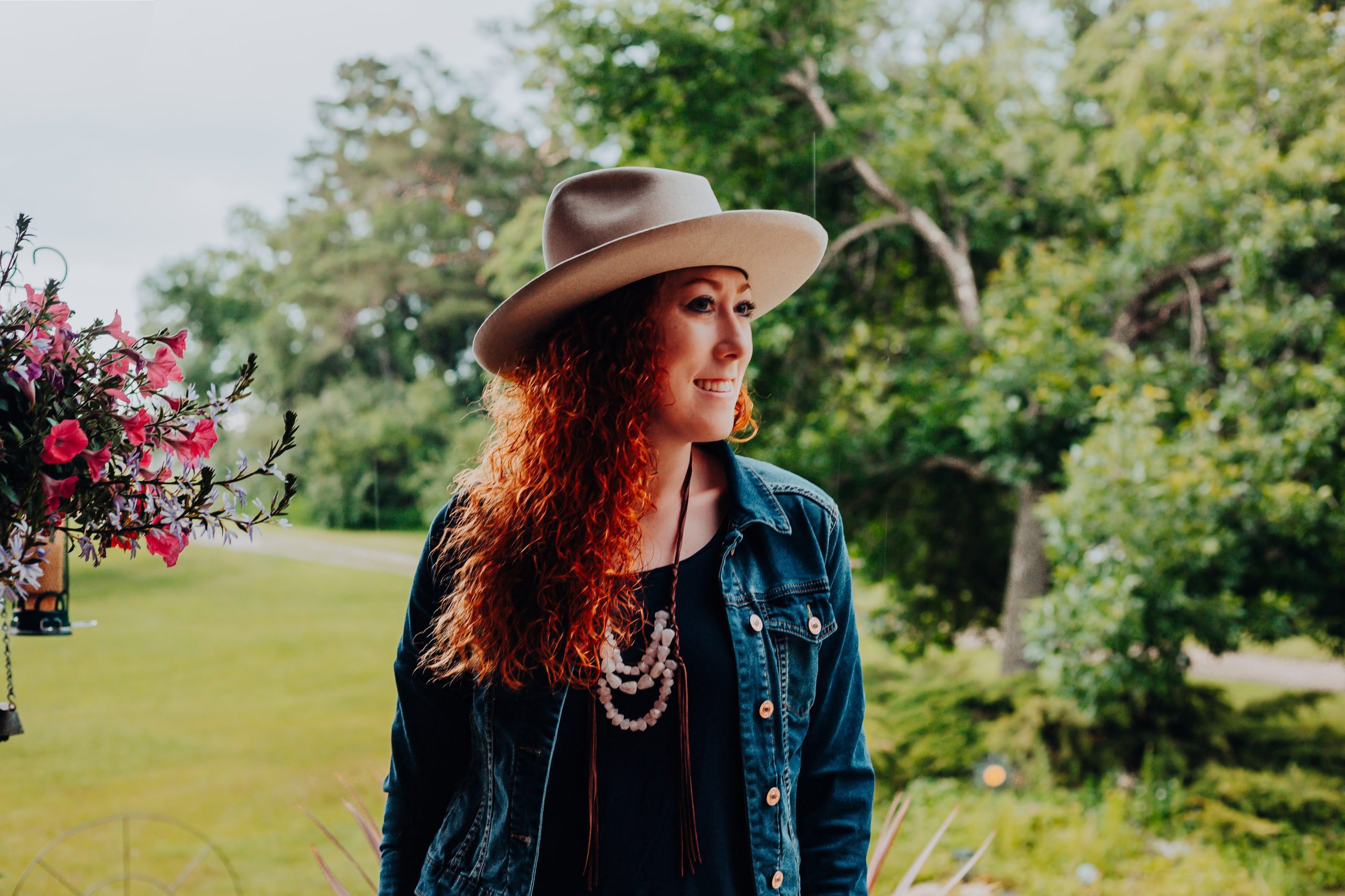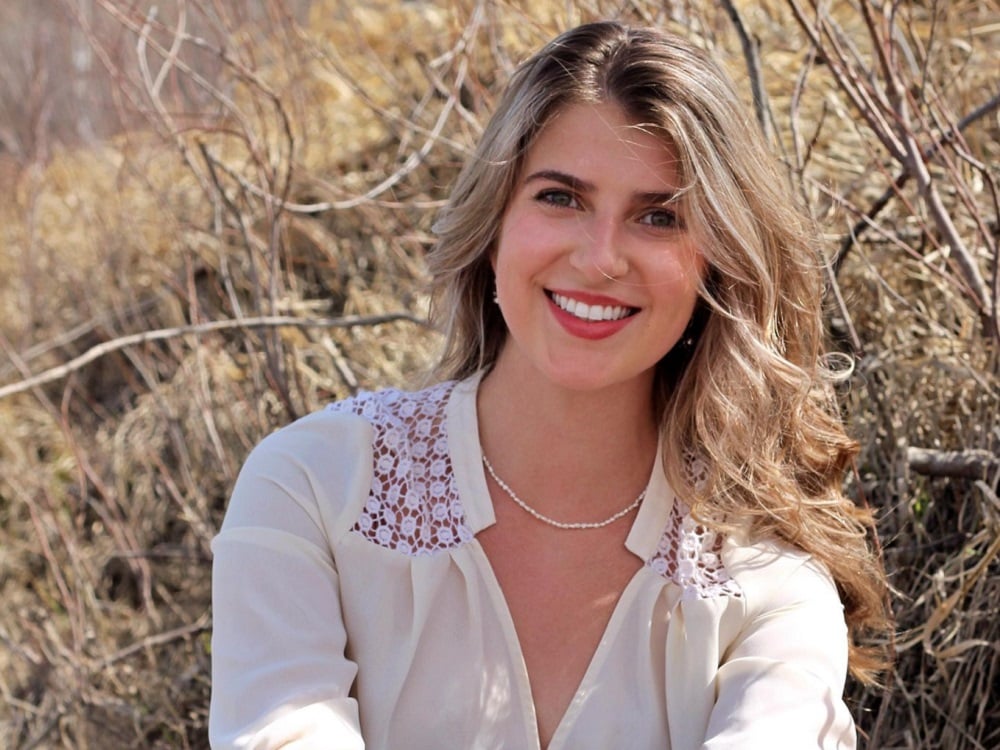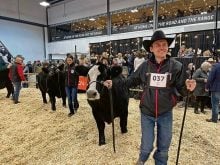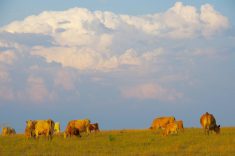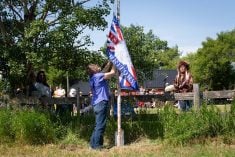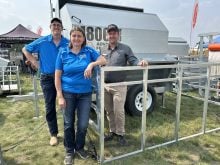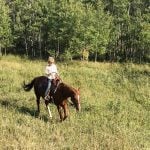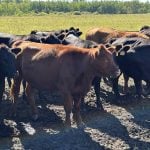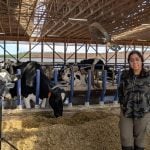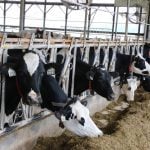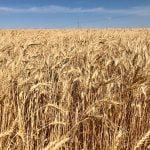When Jourdyn Sammons joined the University of Saskatchewan’s Range Team in her third year of undergraduate studies, it led to an exciting field of study that’s positively shaped her educational experience.
“We talk about varying topics like ecology and grazing practices and multiple-use relationships, like how people can utilize rangeland for its facilities,” says Sammons, who grew up on a cow-calf and grain farm near Gleichen, Alta.
“The main goal of our team is working towards going to the International Range Conference,” she explains. “When we went in my third year, we went down to Denver, Colorado, and I fell head over heels in love with it. It was such a cool environment — it was like an amalgamation of cowboy culture and academia and ecology, and I was like, ‘Wow! This is something that I want to pursue further.’”
Read Also
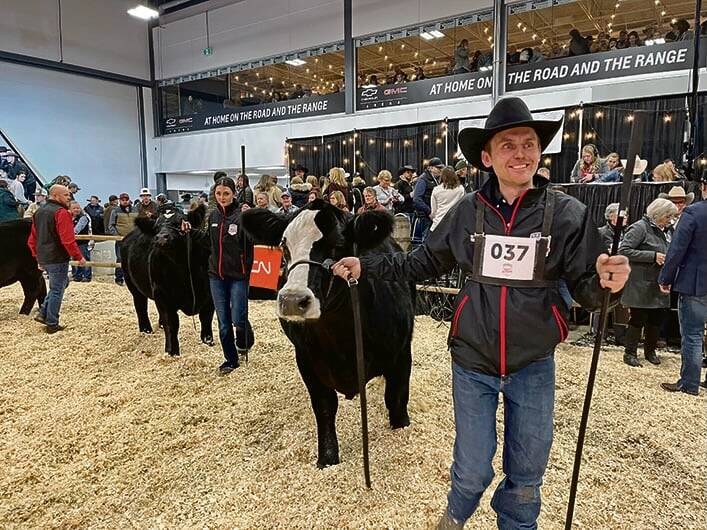
What to know before you go to Agribition 2025
If you’re attending Agribition 2025, this is the place to find out about tickets, dates and what’s happening this year.
Sammons is doing just that, having added a minor in rangeland resources to her academic program after a year with the U of S Range Team (@UofS_RangeTeam). This fall, she’ll enter the fifth year of her bachelor of science in agriculture, with a major in animal science.
Early on, her interest in agriculture was fostered at home and further developed through her 4-H experience, where she became most interested in livestock production.
Sammons explains that her father’s passion for agriculture inspired her to pursue a career in this industry. “He loves farming, he loves ranching, he loves educating himself about what’s new and what’s going on, and he really has a taste for trying new things,” she says.
“I think that’s super inspiring because a lot of farmers and people in agriculture, they tend to become set in their ways, and it’s always fun at our place because he’s always trying something new, and he likes to stress the importance of doing what he loves.”
Being part of the U of S Range Team allows Sammons to explore this new passion of her own. The team begins studying for the annual Undergraduate Range Management Exam, hosted by the Society for Range Management, at the start of the fall semester. They cover subjects such as grazing management, improvements to range and how to analyze rangeland. This year, the team attended the International Range Conference online and placed third as a team in the exam.
Sammons serves as the Range Team’s student liaison for the Society of Range Management’s Prairie Parkland Chapter and is the president of the U of S Stockmen’s Club. In addition to her current course load and extracurricular activities, Sammons plans to complete a communications certificate as part of her academic program.
“It’s one thing to learn about agriculture and science, and it’s a completely different challenge to try and communicate that with other researchers and with the public also, so that’s an area that I wanted to pursue a little bit further,” she says.
She sees the opportunity in improving the Canadian beef industry’s communications with consumers and appreciates that some companies are moving away from fear-based marketing tactics, citing A&W’s recent campaign that focused on the commitment of participating ranchers to maintaining healthy grasslands.
“I think that’s super exciting that that’s starting to take a more active role in marketing, and I think people and individuals and companies on a personal level can start to use that in their own daily lives,” she says. “So whether or not that’s advocating from your social media platforms or just trying to share more with your neighbours, I think that’s really encouraging.”
Sharing more of the everyday with those outside of agriculture isn’t without difficulty, she adds, noting the negative public perception of certain beneficial agricultural practices.
“Sometimes I’ve noticed with my peers, they’ll post pictures of things that they do on their farm, but they may not explain it as thoroughly as they need to, and then that gets a lot of kickback from other individuals,” she says. “So I think definitely being able to explain what we do and why we do it to the public is a big challenge.”
Sammons will complete her undergraduate degree next spring. “After that I’m not completely sure where I’m going yet, but I definitely want to do some more schooling at some point, whether that be grad school or vet school or taking a couple years to work first,” she says.
Right now, she’s taking the best advice she’s received to heart. “I’m kind of a Type A person and I like to have a plan for everything, but my parents have been telling me, ‘You know what, you just have to trust your gut and trust it’s going to happen,’” she explains.
“You don’t have to know all the answers right away, but you just have to be confident that you’re going in the right direction.”
Knowing that a future career in agriculture will allow her to make a difference reminds Sammons that she’s on the right track.
“Ultimately I want to end up doing something that answers to a bigger picture. I wouldn’t be satisfied going to a desk job, working 9-5 five days a week. I want to be able to do something that has a lasting impact on our environment and communities.”

